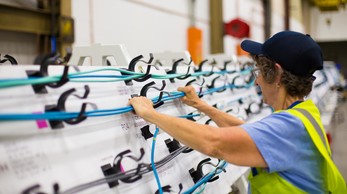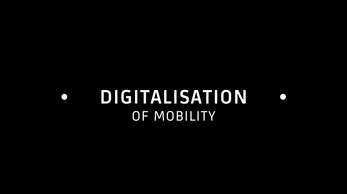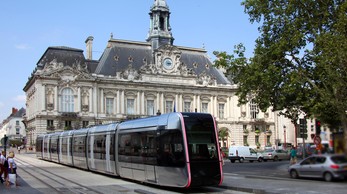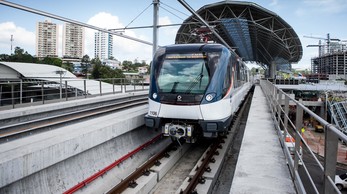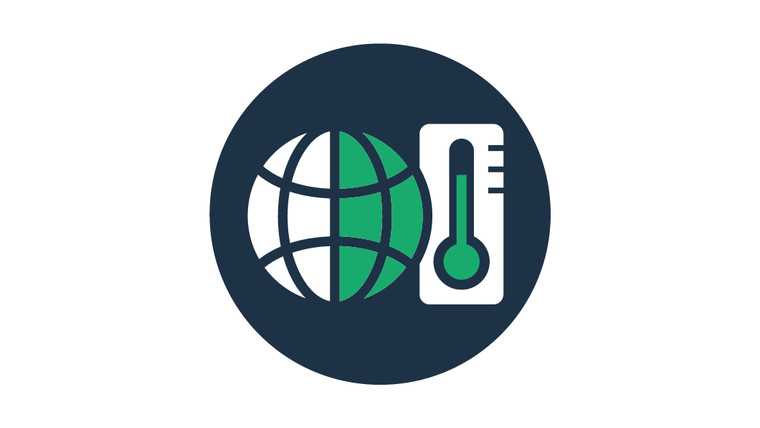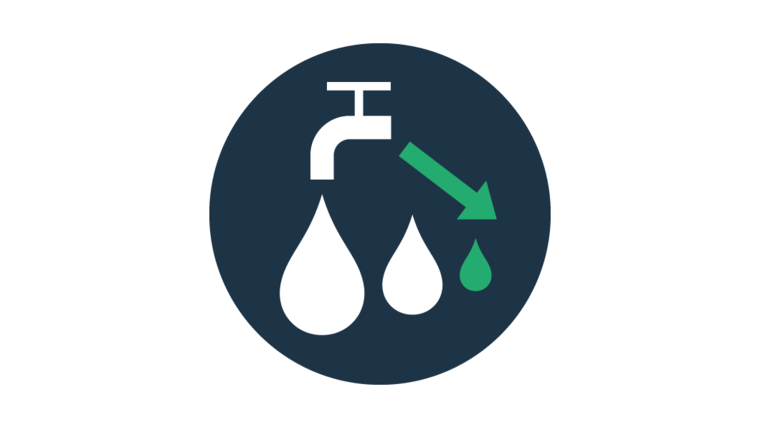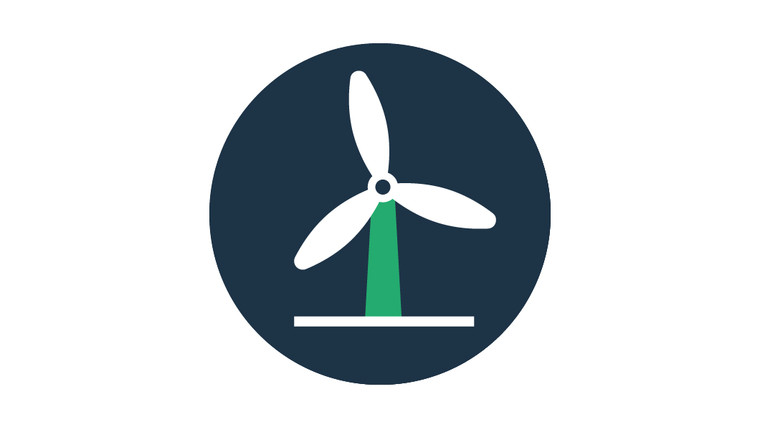Commitments
Environmental footprint
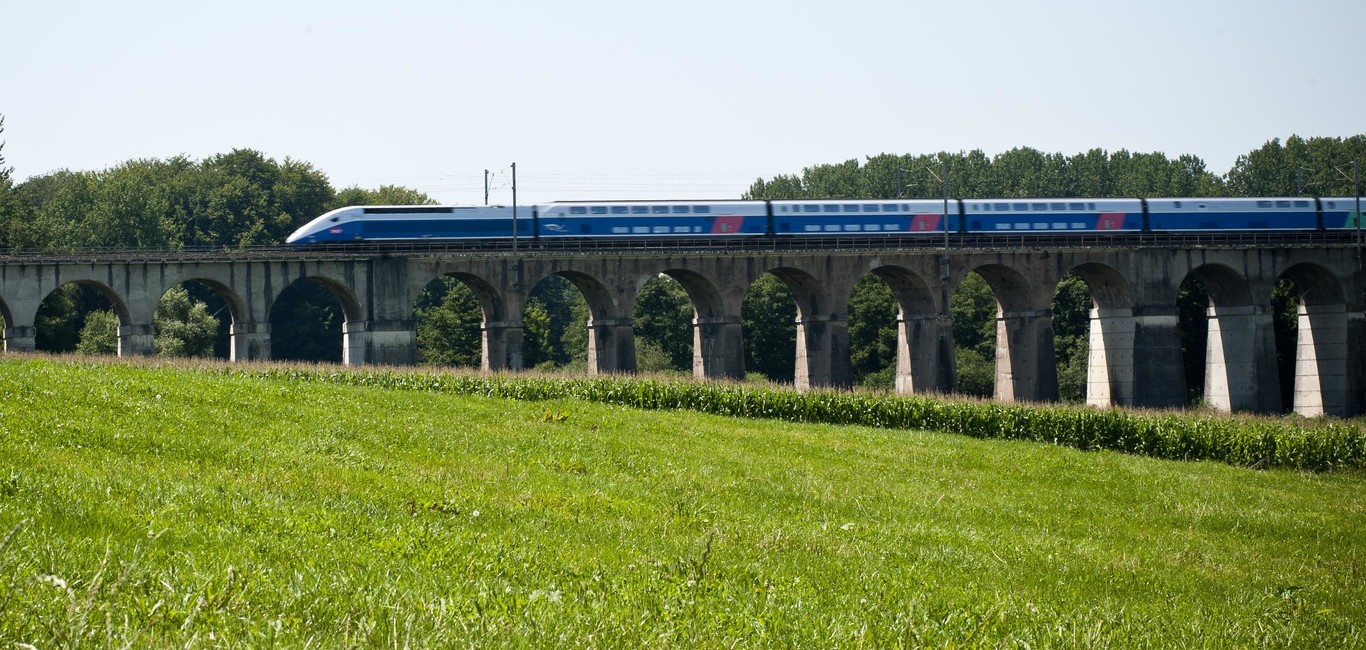
Towards cleaner operations
As a key player in the mobility sector, Alstom is at the forefront of the challenges facing society today, from global warming to rapid urbanisation. Understanding the importance of reducing the environmental impact of its operations, the Company strives to make more sustainable choices at every step, from energy sources to transportation and recycling.
This desire for operational and environmental excellence led Alstom to set ambitious targets focusing on 5 main objectives. With quarterly environmental monitoring and a network of 200 dedicated EHS (Environment, Health & Safety) professionals, the Group continues to reinforce its commitment to sustainable operations.
Alstom ESG 2025 targets were presented on Capital Markets Day of May 11, 2022 along the 4 priorities of the Group: Enabling decarbonisation of mobility, Caring for our people, Creating a positive impact on society, and Acting as a responsible business partner.

Clean operations certification
All the sites have maintained their ISO 14001 certification in 2021/22. 80% of Alstom employees work on certified sites or projects, the 2025 target being to have 100% of Alstom employees on certified sites.
First green guarantee facility signed
In June 2021, Alstom signed a €400 million green guarantee facility with BBVA for the issuance of bank guarantees in support of Alstom’s commercial contracts which recognises the Group’s contribution to Sustainable Development Goals SDG 9 “Industry, innovation and infrastructure” and SDG 11 “Sustainable Cities and Communities”. This very positive first step confirms the relevance of the ambition to lead the way to sustainable and smart mobility.
Alstom offsets the environmental impact of its activities in Hornell, USA:
Alstom has purchased over 13 million kWh of Renewable Energy Certificates (RECs) from leading energy and energy-related service provider Direct Energy Business for its Hornell operations. As Alstom’s Hornell operations do not have access to locally produced renewable electricity, the purchase of RECs represents an investment in green electricity produced elsewhere in the nation and a means of offsetting the carbon footprint of Hornell’s operations.
























